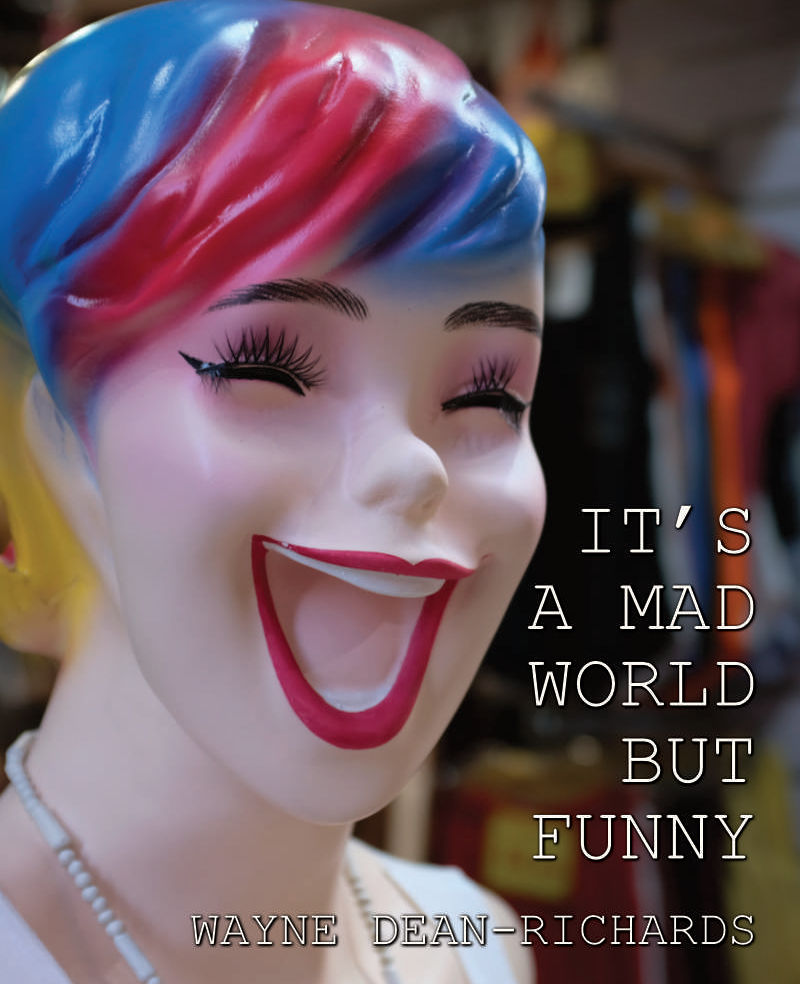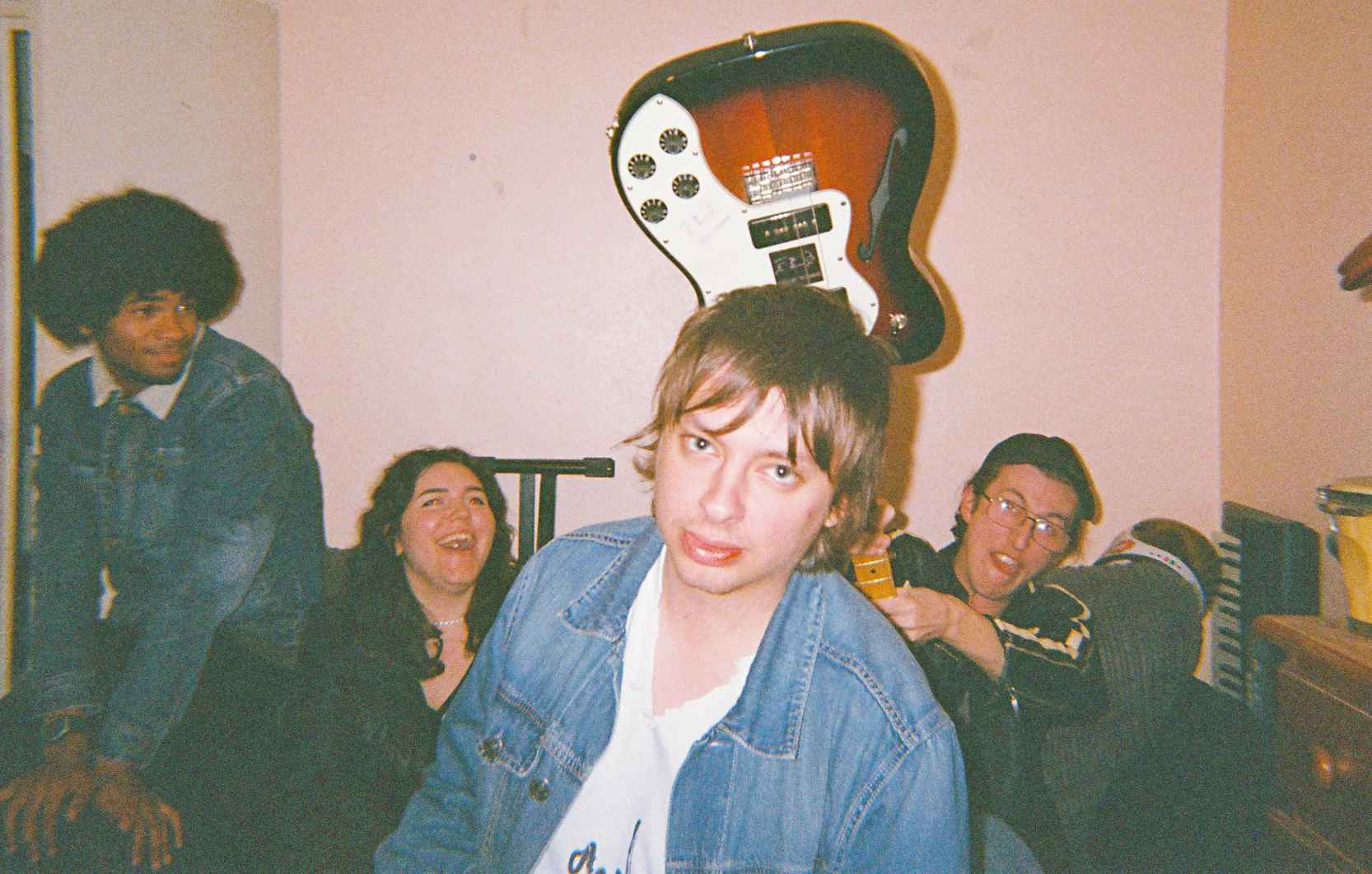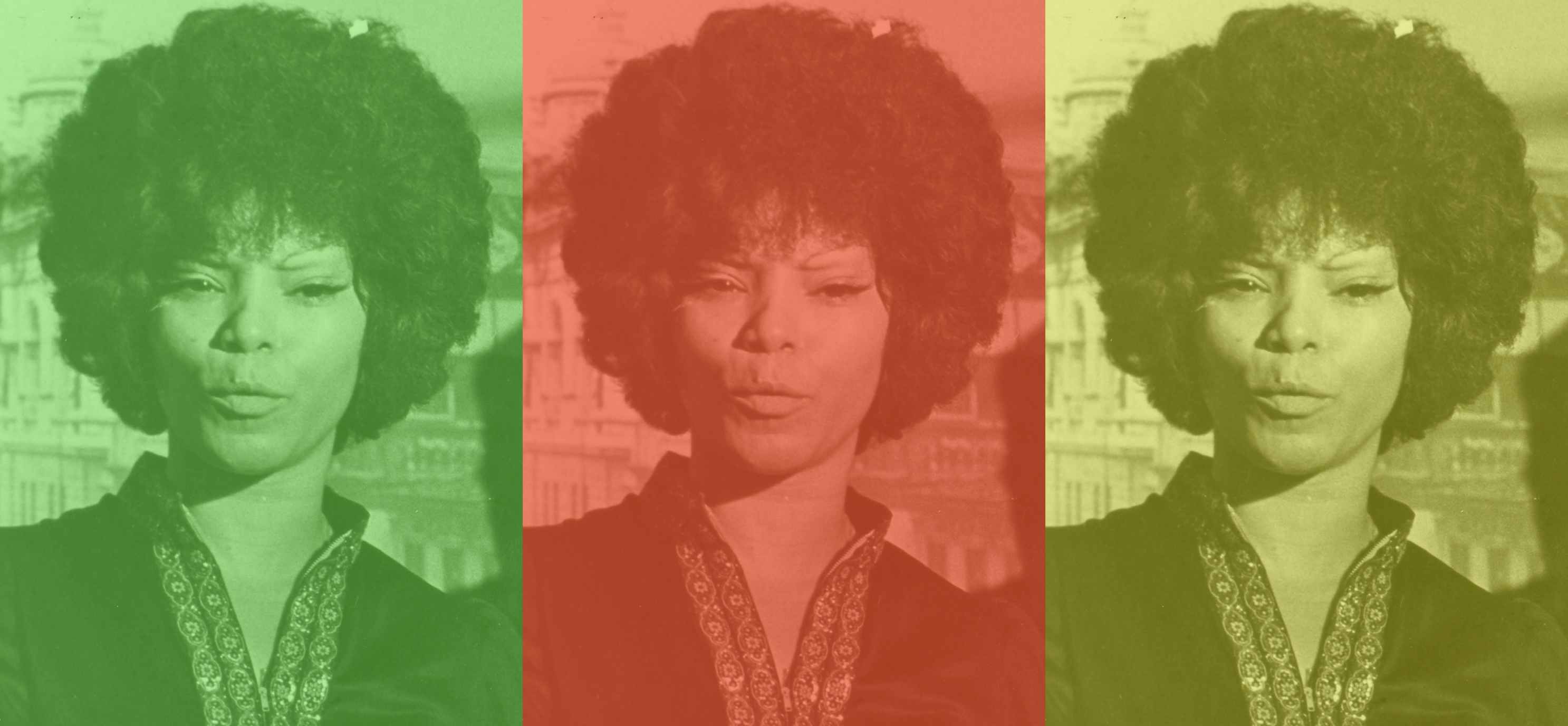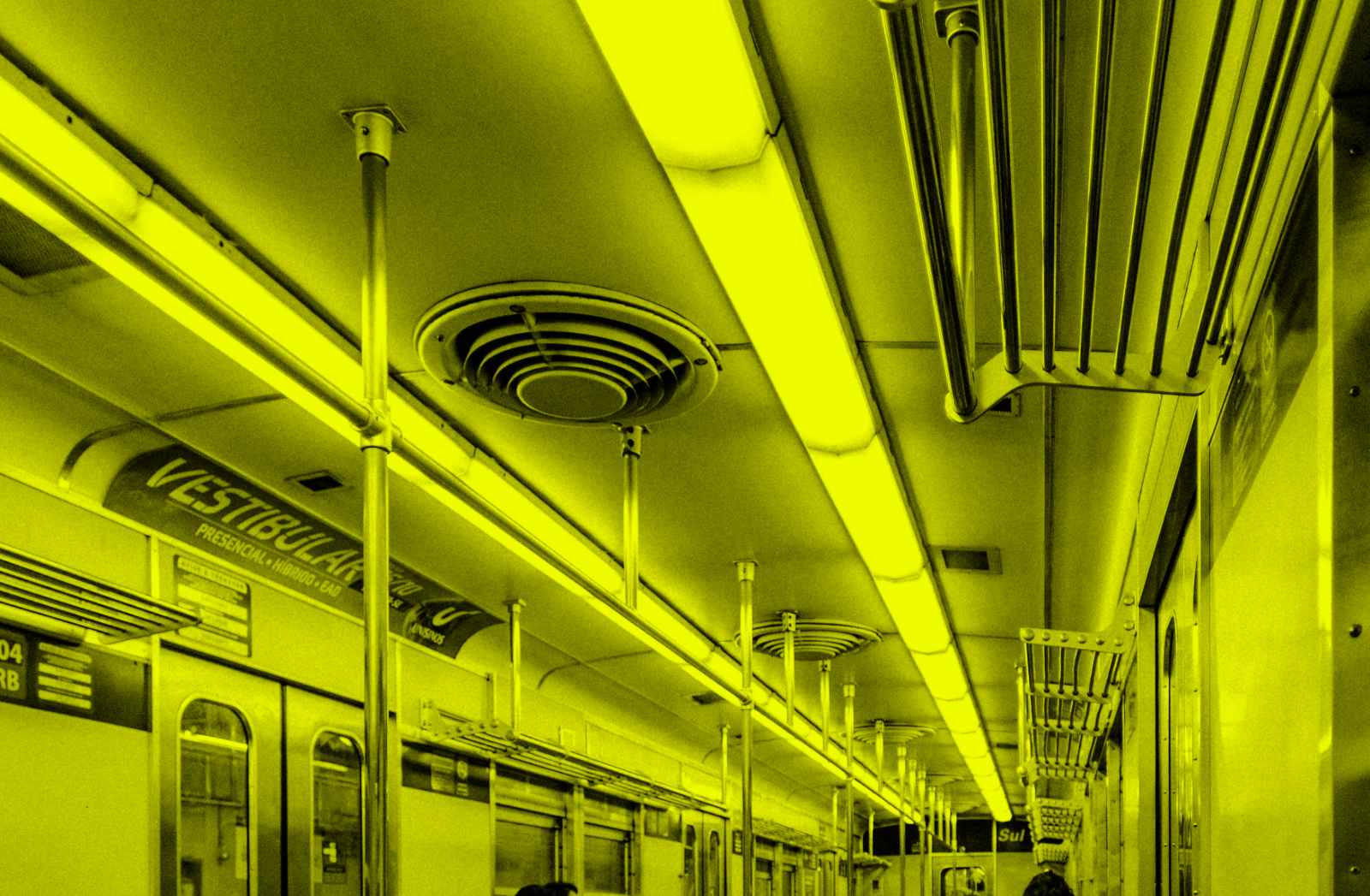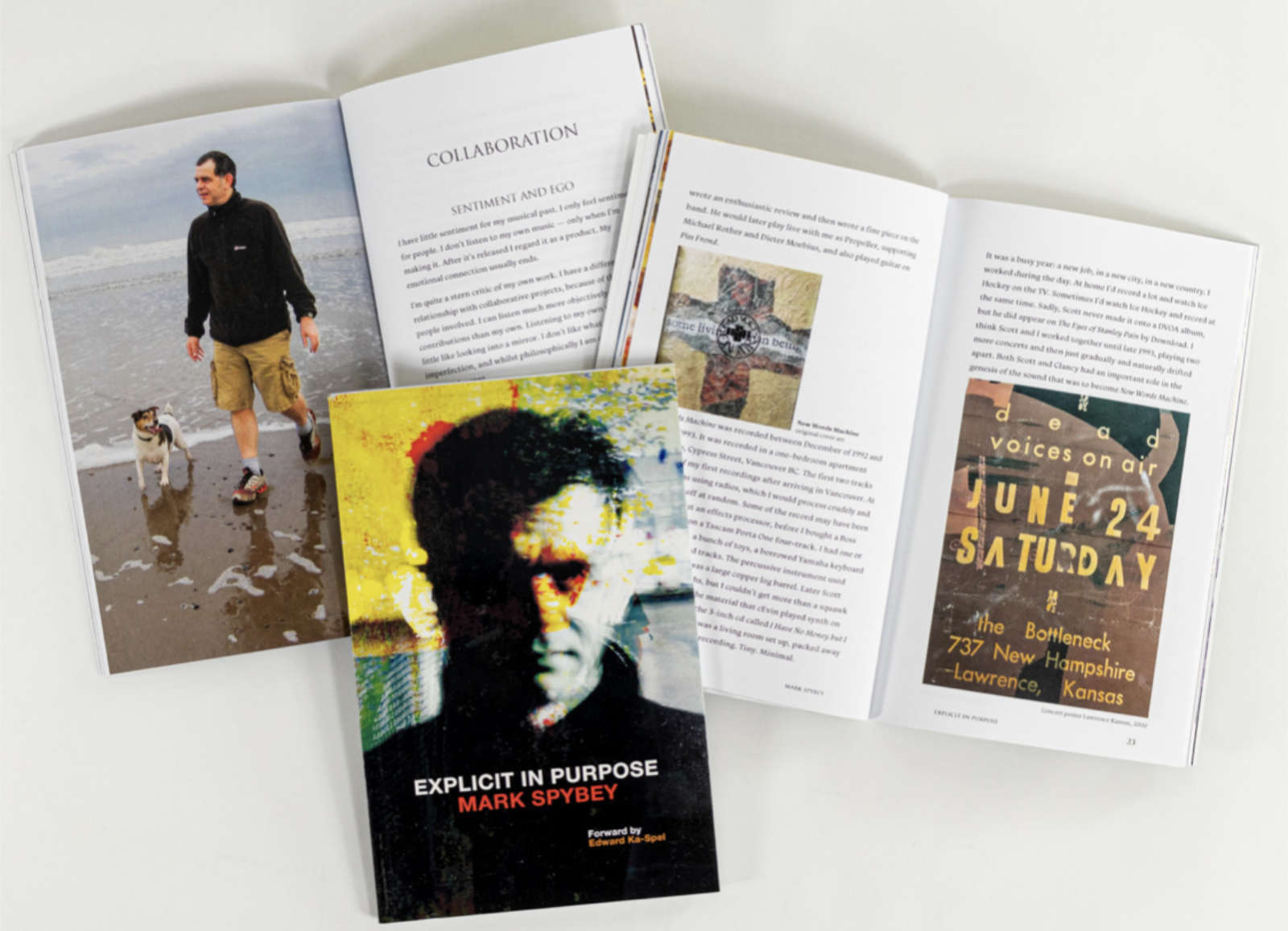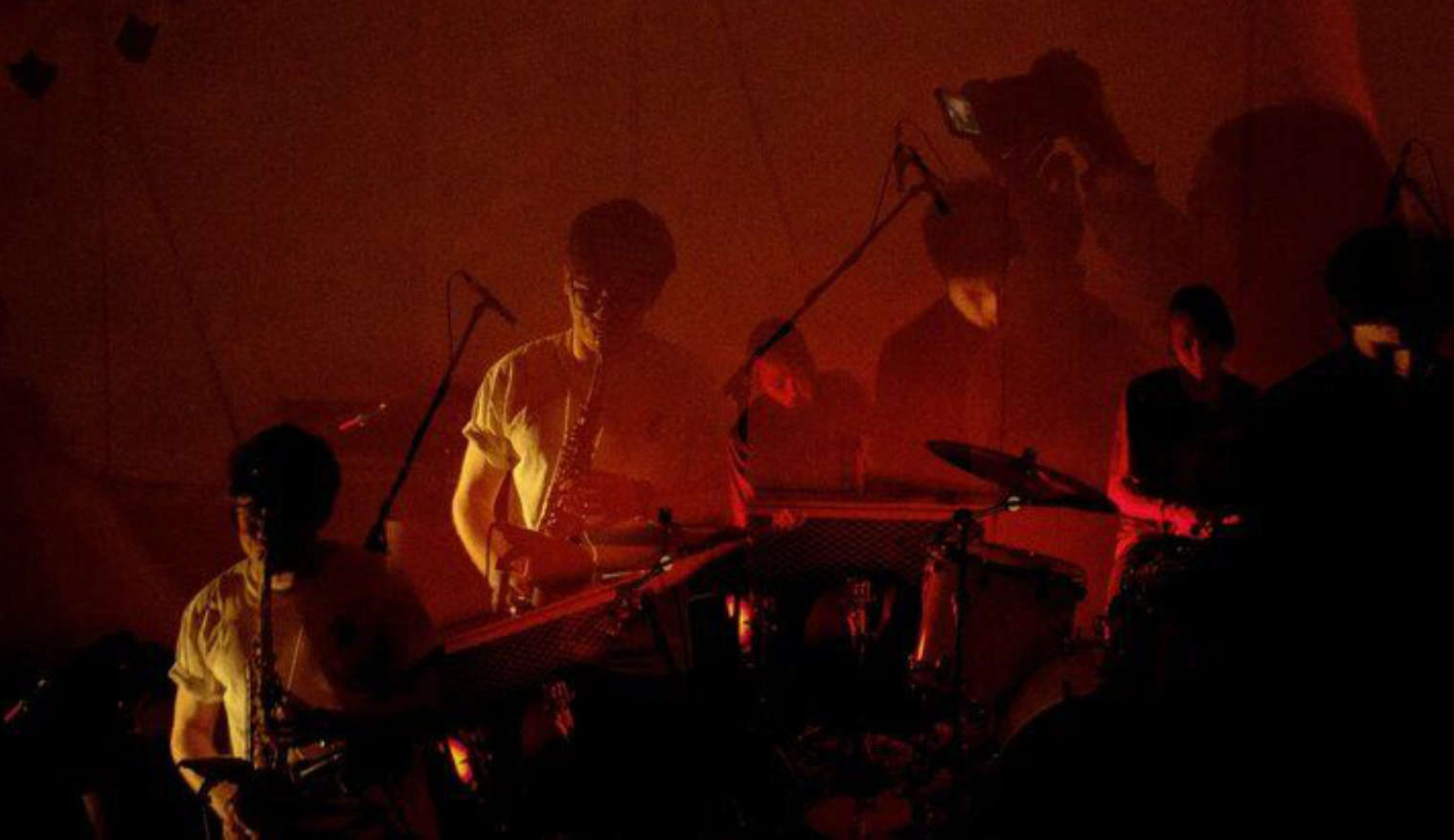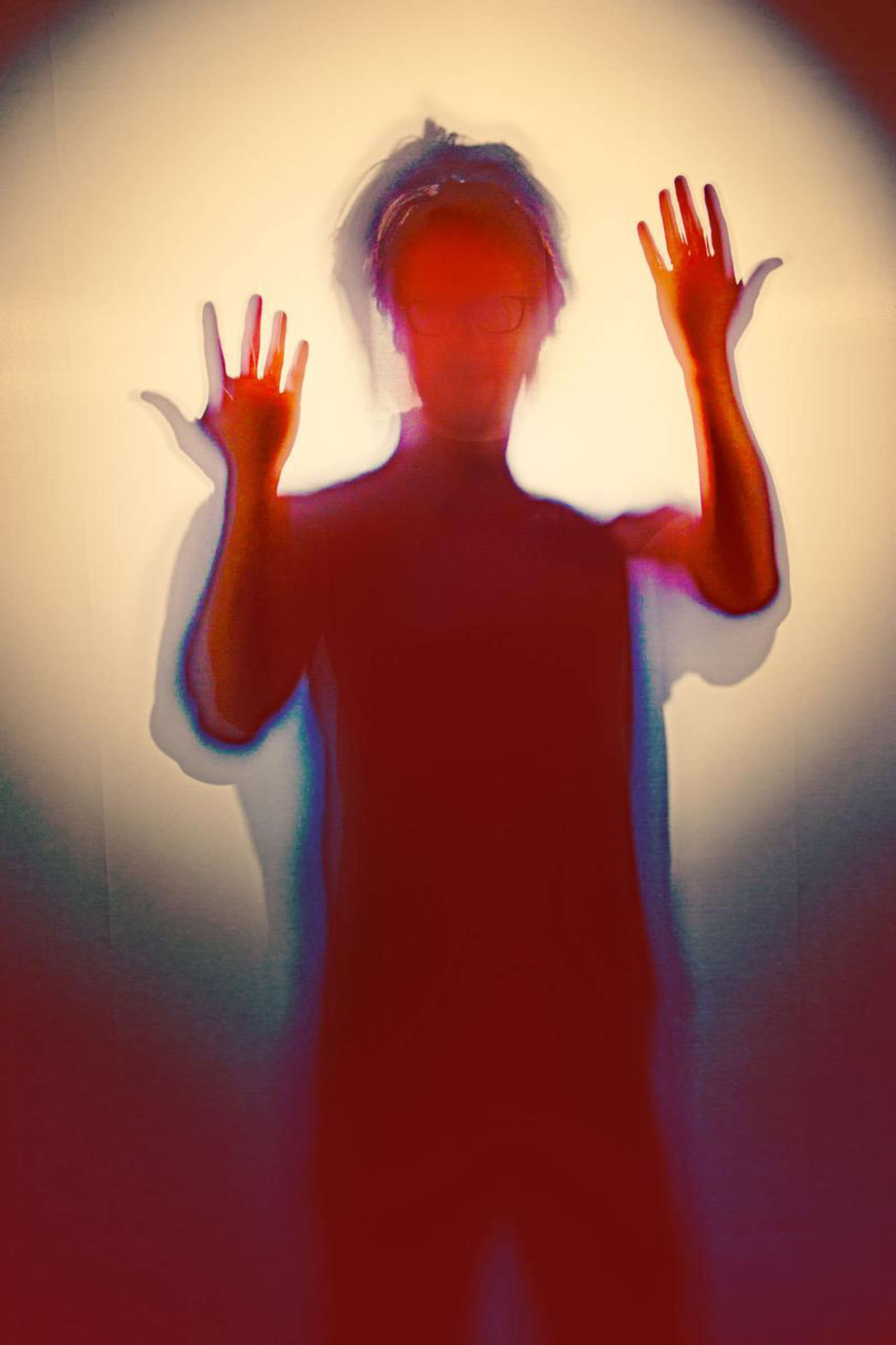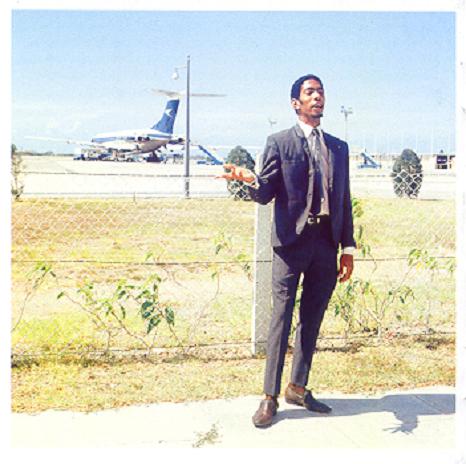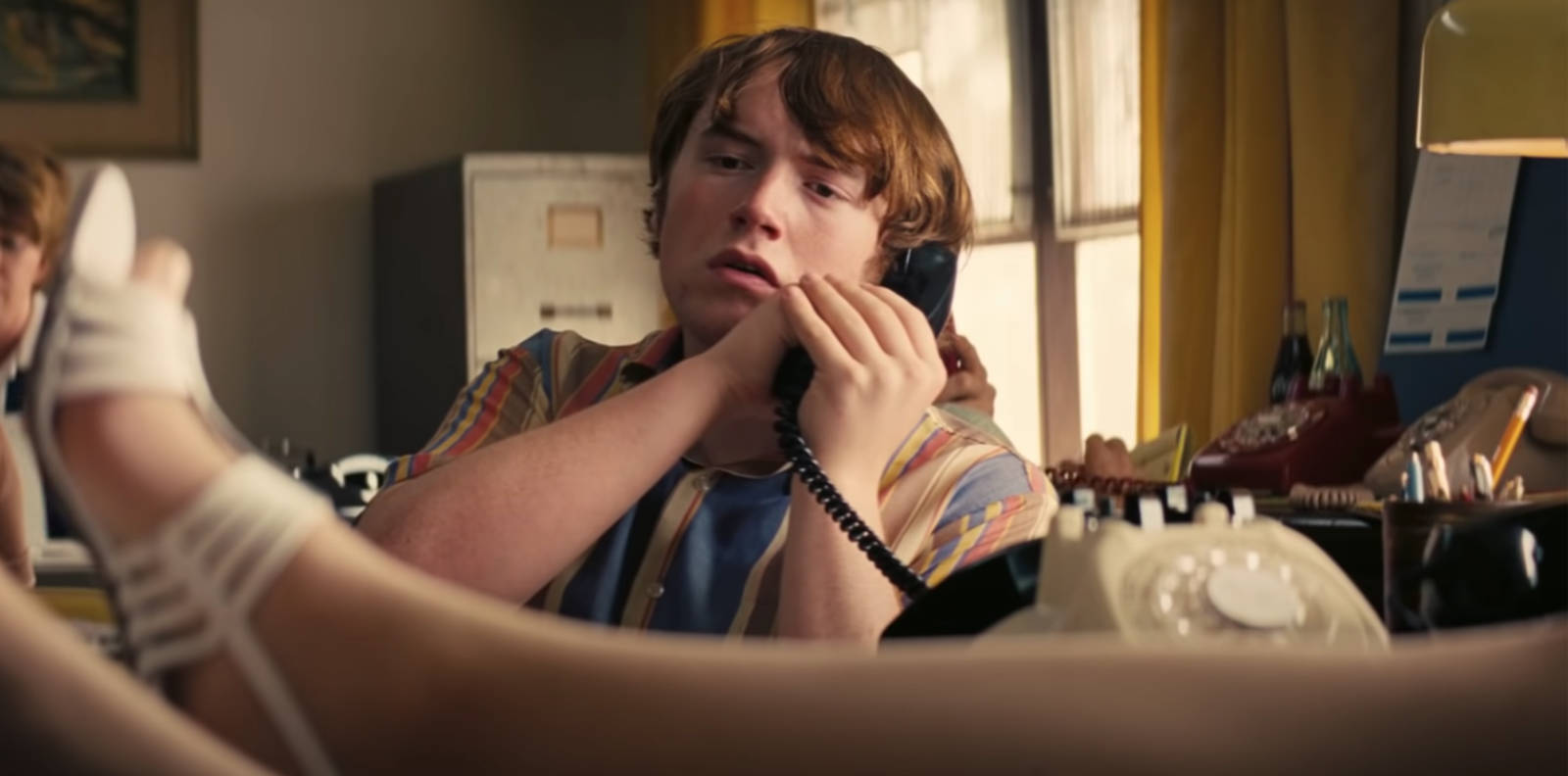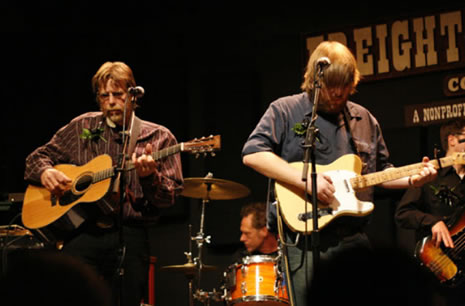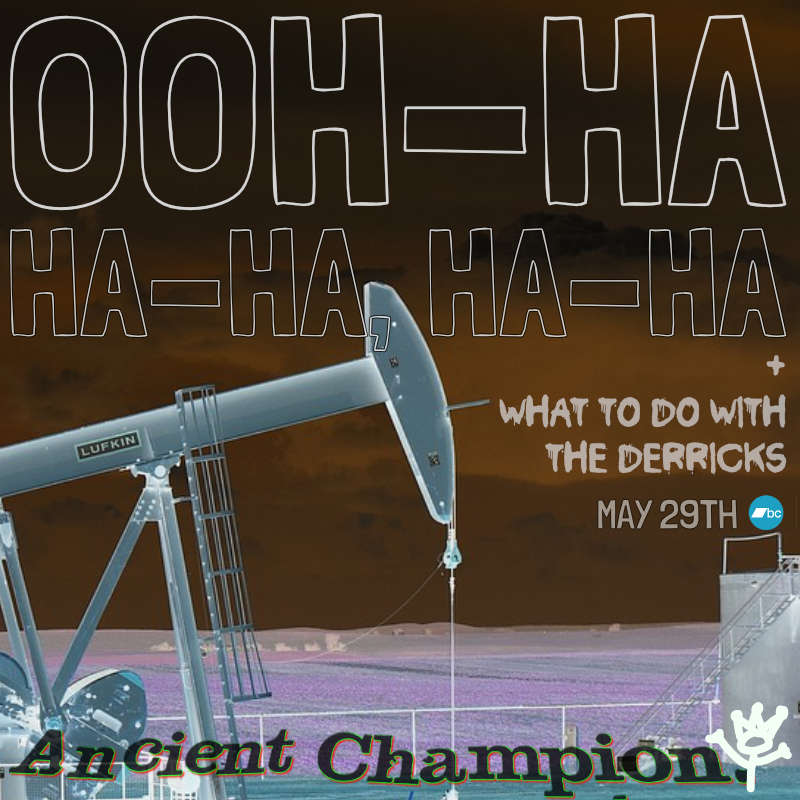Station Street is nestled amidst the bustling heart of Birmingham. The clangorous symphony of metalworking during the Industrial Revolution echoed through its cobbled lanes. It's home to the Electric cinema, the first cinema in town and the oldest working cinema in the country, as well as The Crown, the birthplace of heavy metal. The Electric cinema recently and very suddenly closed it's doors and is now likely to be redeveloped in favour of a large residential tower.
Initially, Birmingham Open Media had intentions to purchase and revitalize The Crown, which had remained vacant since 2014. However, amid Birmingham council's financial challenges, the arts organization experienced a loss of funding. Additionally, reports emerged of a competing interest from a developer aiming to repurpose the site for housing, adding complexity to the situation.
The Crown's cultural significance was cemented with a Grade II listing from the Department for Culture, Media, and Sport, following a recommendation from Historic England. This recognition comes after more than 15,000 individuals signed a petition advocating for the preservation of the street, affirming its significance as a site of civic pride, cultural value, and historic value.
The Crown is often compared to Liverpool’s Cavern Club, which was a launch pad for the Beatles. Birmingham’s pub was the mecca for rock royalty. Bands like The Who, Status Quo, UB40, Duran Duran, Thin Lizzy, Marc Bolan, Supertramp, Judas Priest, and several of Robert Plant's pre-Led Zeppelin bands played there there. Most importantly, it was the cradle of Black Sabbath, during their formative years. They played blues and rock and roll covers within the mainstream Birmingham music scene.
Black Sabbath are considered the pioneers of heavy metal music. Their early sound is described as the mechanical monotony of industrial life and the desolate atmosphere of post-war urban environments. The pulsating rhythm of factory machinery served as a backdrop, shaping Black Sabbath’s musical direction. Additionally, the band's signature use of loosely stringed, down-tuned guitars and power chords was partially a result of lead guitarist Tony Iommi's loss of the ends of two fingers on his right hand in an industrial accident involving a sheet metal cutting machine. Albums such as Black Sabbath (1970), Paranoid (1970), and Master of Reality (1971) played a pivotal role in the invention and shape of the genre.
Ultimately, Black Sabbath's influence transcended genre, inspiring punk pioneers like the Sex Pistols, post-punk icons like Joy Division, and experimentalists like Sonic Youth. They also inspired Seattle-based grunge bands like Nirvana and Alice in Chains, as well as Californian stoner rock acts like Sleep and Kyuss. Their impact even extended to rap music, with artists like Ice-T, Cypress Hill, and Eminem drawing inspiration from their pioneering sound.
Birmingham's 'seething cauldron of musical activity,' has been in the spotlight since the 1950s. The city boasted over 500 bands constantly interchanging members and performing regularly across an extensive network of venues and promoters. This peripatetic musical life is vividly depicted in the movie Slade in Flame. But by 1963, Birmingham's musical landscape was already gaining recognition for its defining trait: a steadfast refusal among its musicians to adhere to any singular style or genre. The city's rich tradition of fostering collaboration, alongside an embracing attitude toward individualism and experimentation, can be traced back to the 18th century.
My memories of Birmingham’s nightlife are a blur of vibrant lights, luxury cars, and pulsating music beats that echo through the streets at night. Yet, as dawn approaches, the city sleeps, darkness envelops the streets. While night owls keep vigilant watch over public transportation and outlying neighbourhoods, some rats emerge from the sewers.
Birmingham's rich musical heritage is a keystone of the United Kingdom's cultural landscape, yet the city's historic fabric risks being lost to redevelopment. Concrete is replacing metal now. There is insufficient housing to shelter from this loss, and the air of history is being replaced by carbon emissions. The city's beauty is being obscured, polished over, and hidden from view. Future generations may lack access to the rich culture that once adorned the city. However, the achievements of artists cannot be erased, and their legacy endures, serving as a beacon of hope for both creators and audiences. Art stands as a remedy for a mentally unhealthy society, offering solace and inspiration to creators and audiences.
Essentials
Visit the Birmingham Music Archive, here→





